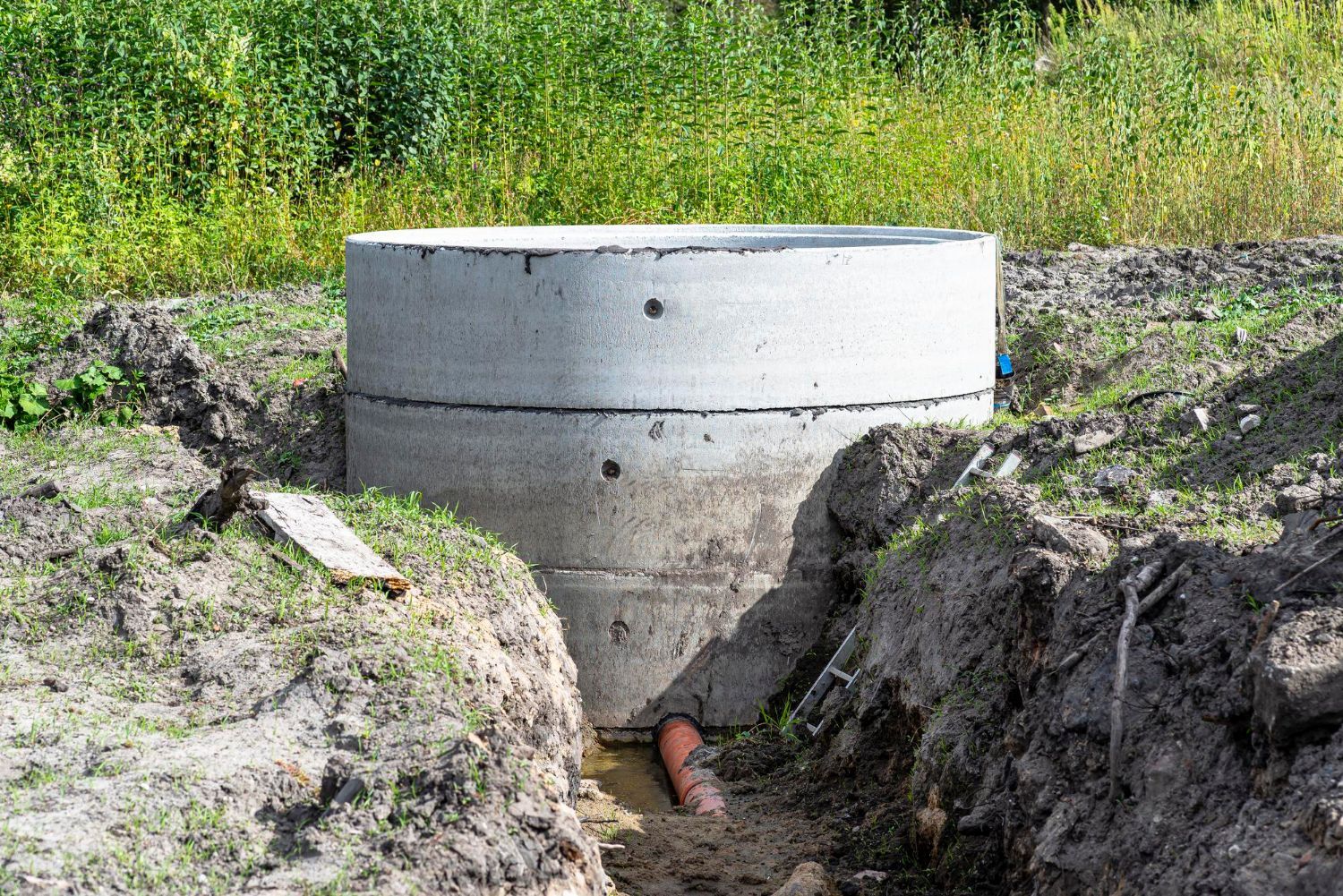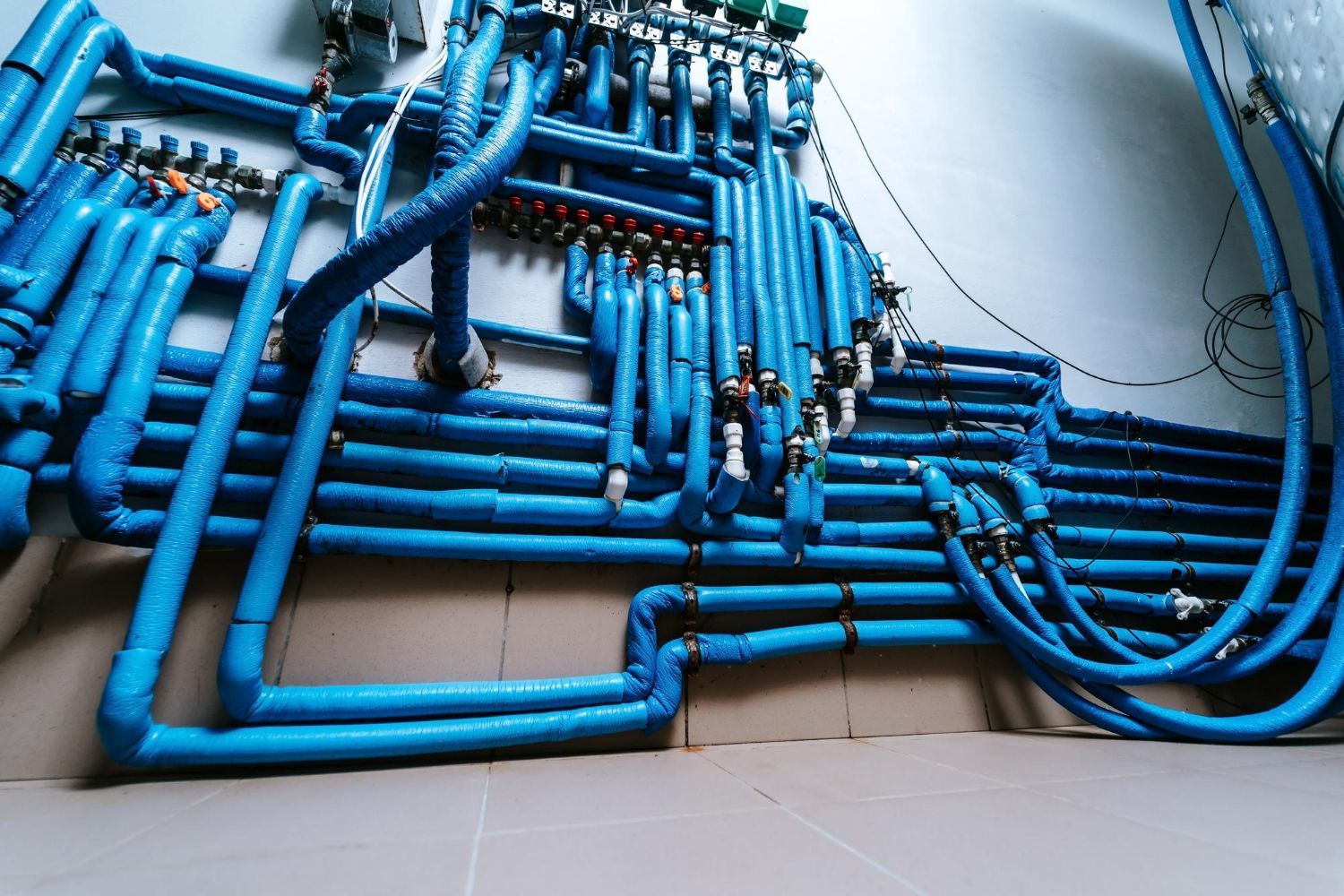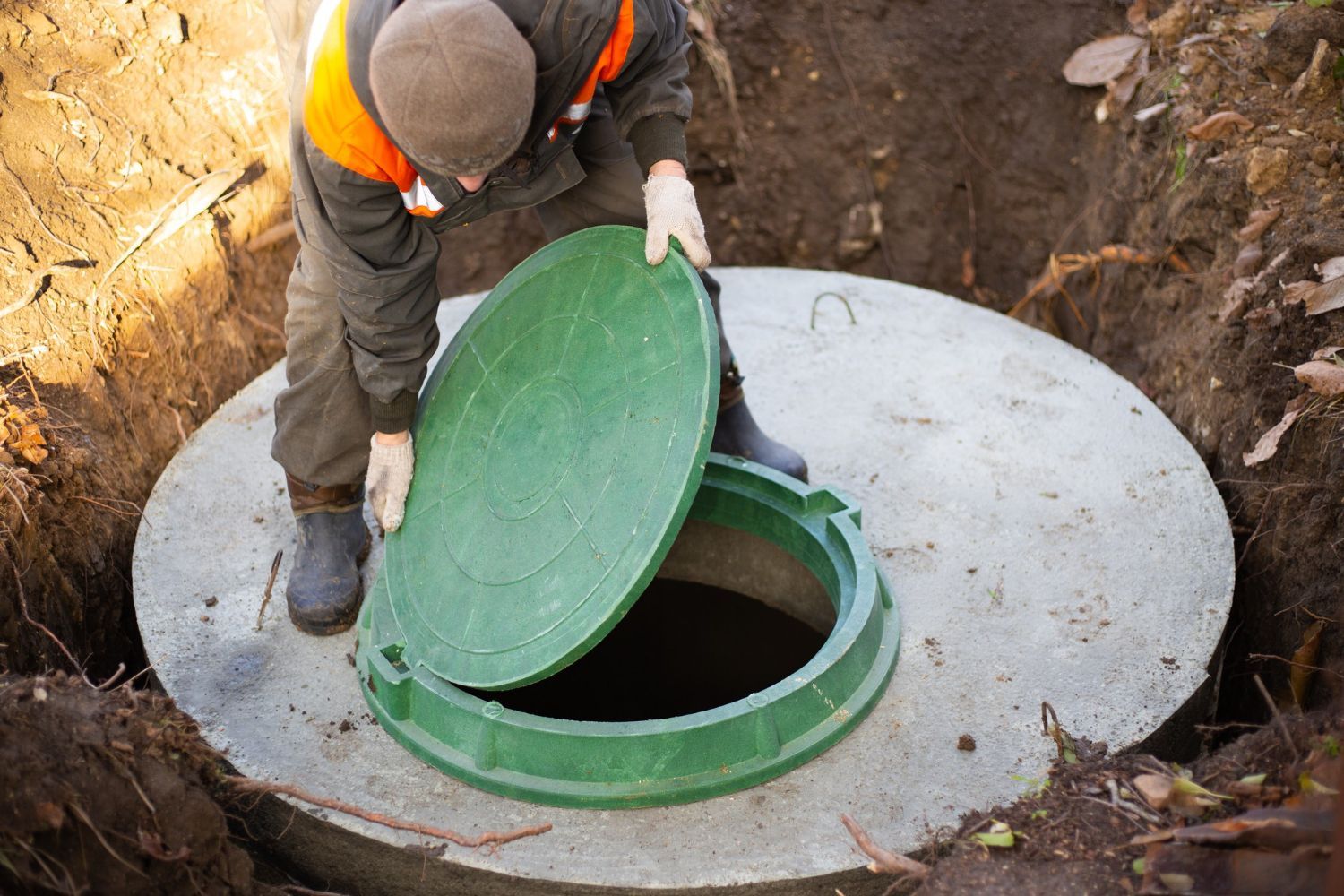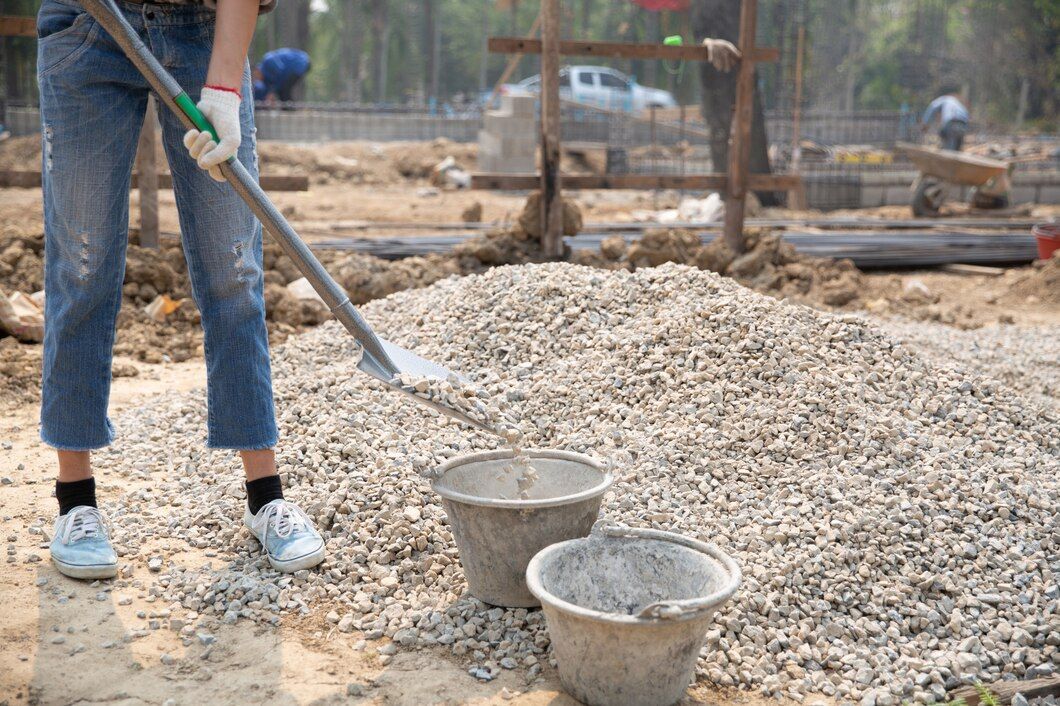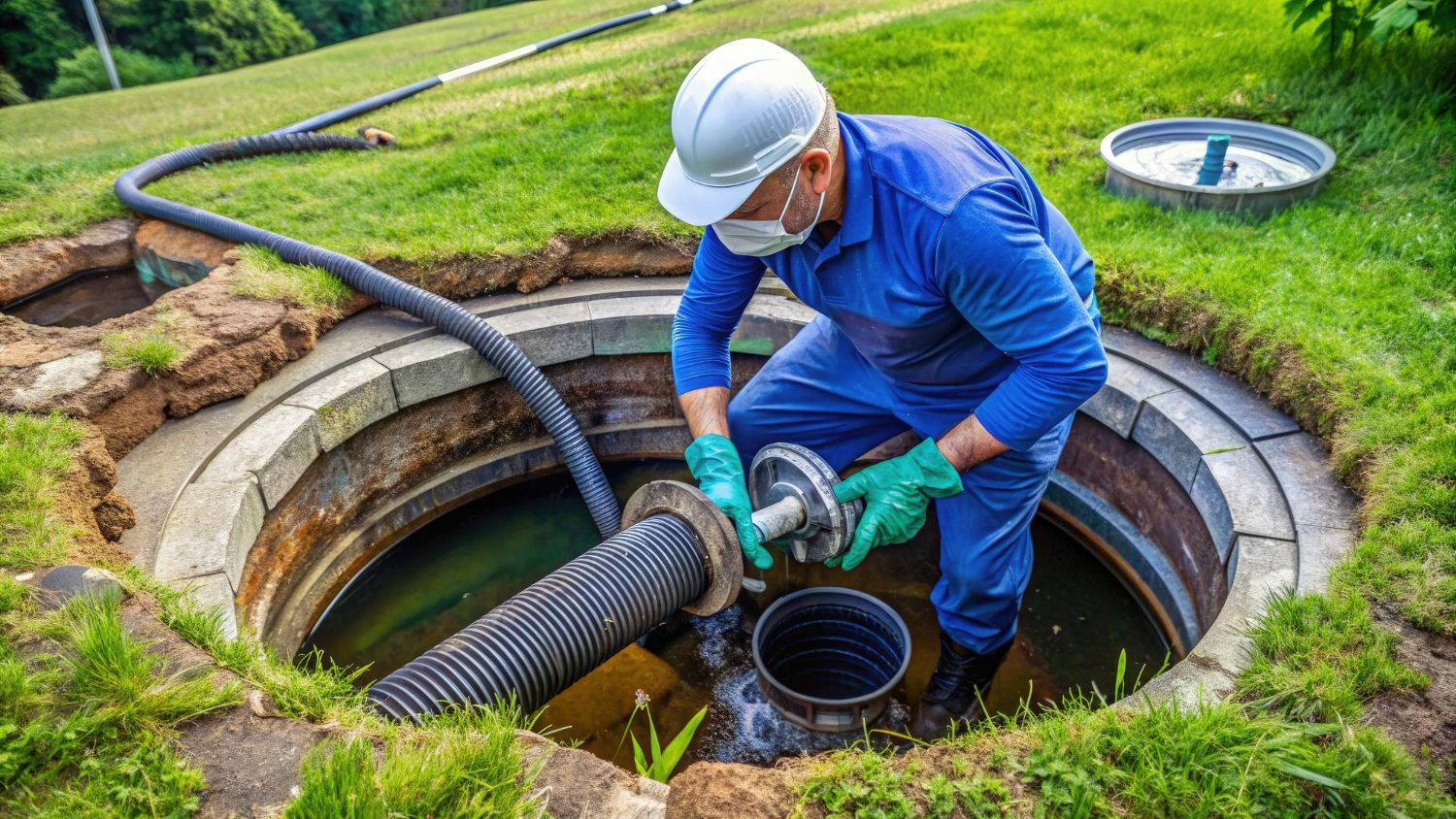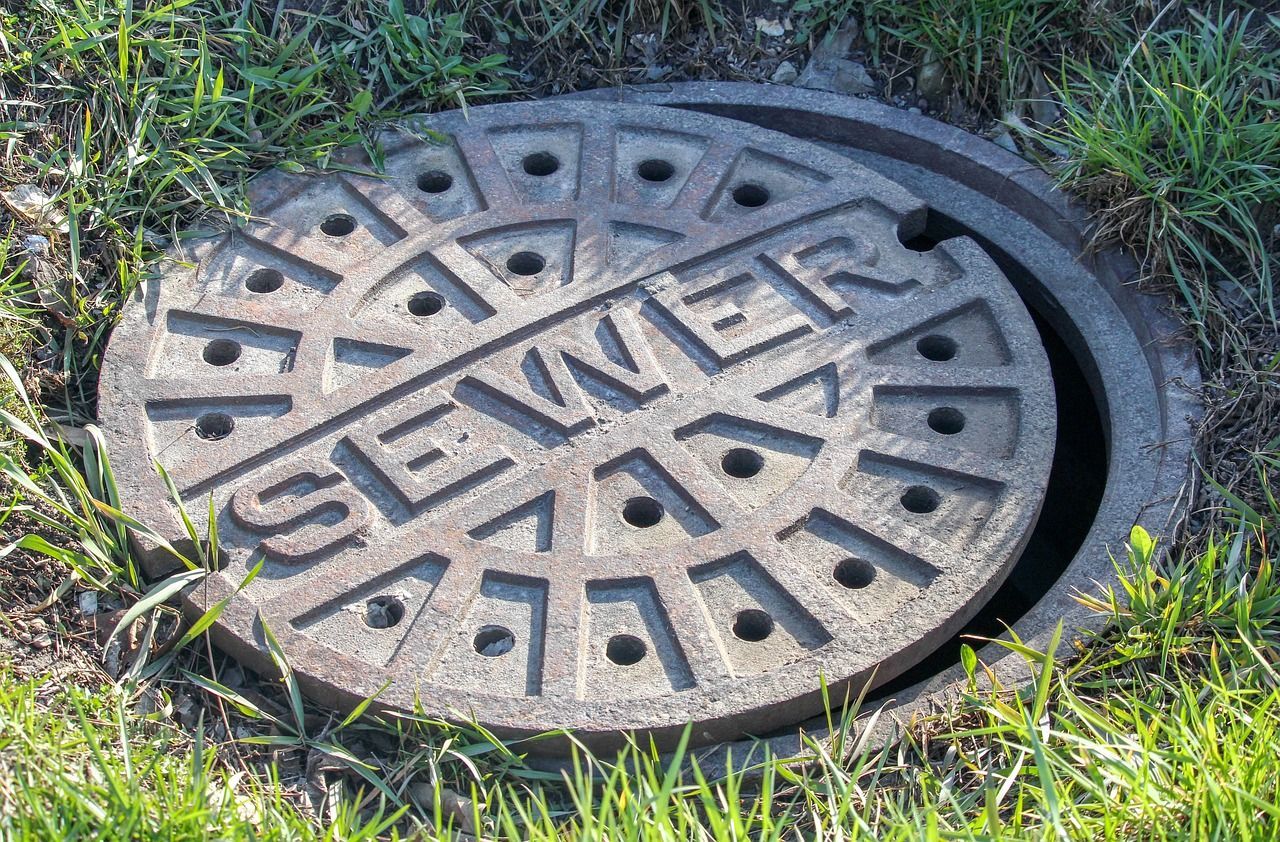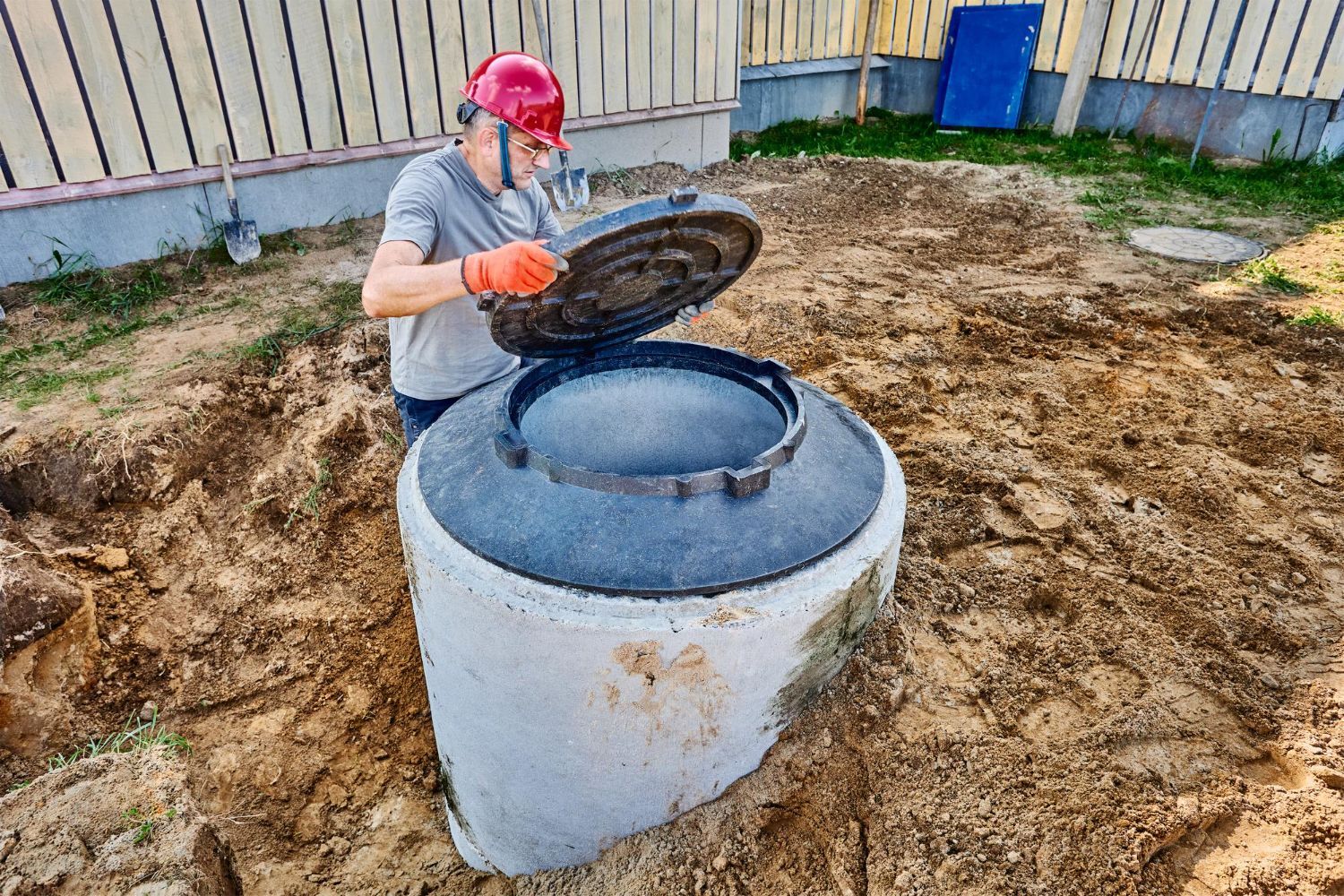Simple Tips to Maintain Your Home's Septic System
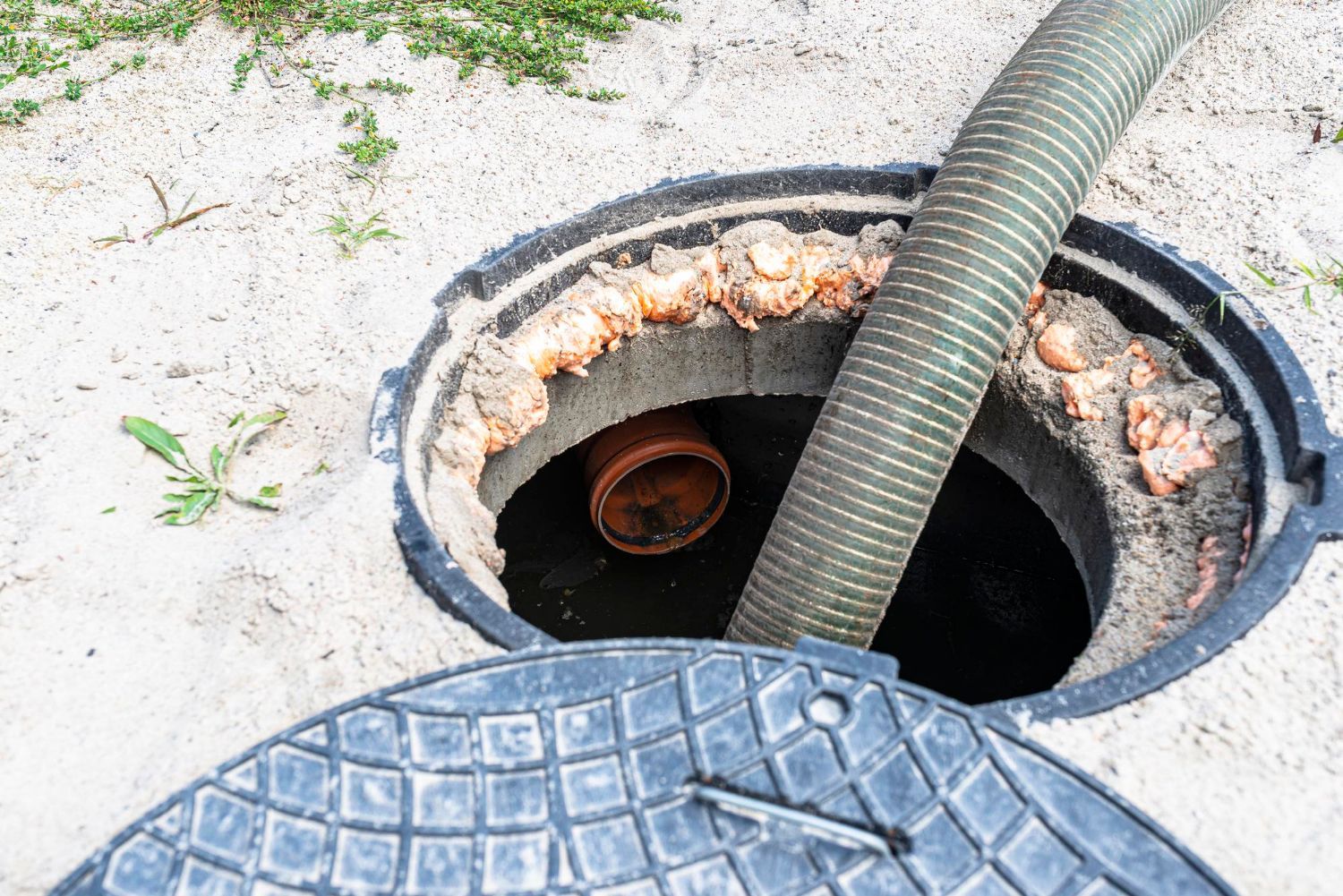
Keeping your home's septic system in good condition is crucial for a healthy and functional household. A well-maintained septic system not only ensures waste is managed effectively but also prevents costly repairs and unpleasant problems.
Understanding how your septic system works and performing regular maintenance can save you a lot of headaches. Join us as we share tips you can use to keep your septic system running smoothly for years to come.
Regular Pumping and Inspection
Regular pumping and inspection are essential to maintaining a healthy septic system. You should have your septic tank pumped every three to five years, depending on the size of your household and the tank's capacity. Pumping removes the solid waste that accumulates at the bottom of the tank, which prevents clogs and overflow.
During an inspection, a professional will check for any signs of damage or wear. They will also ensure that the components of the septic system are functioning correctly. This includes checking the inlet and outlet pipes, the baffles, and the tank itself. Catching problems early through inspections can save you a lot of money and trouble down the road.
Ignoring the need for regular pumping and inspections can lead to severe issues like sewage backups, foul odors, and runoff in your yard. It's much easier and less expensive to keep up with routine maintenance than to deal with an emergency situation. Make a schedule for regular pumping and inspections to keep your septic system in optimal condition.
Proper Waste Disposal
What you put down your drains directly impacts the health of your septic system. Proper waste disposal is key to ensuring your septic tank operates efficiently. Always avoid flushing non-biodegradable items like wipes, feminine hygiene products, and diapers. These items can cause blockages and damage your system.
Grease, oils, and fats should never go down the drain. They can solidify and create tough clogs, making it difficult for your septic system to break down waste. Instead, dispose of these substances in the trash. Similarly, avoid pouring chemicals like paints, solvents, and disinfectants down the drain. These can kill the beneficial bacteria in your septic tank necessary for breaking down waste.
Consider creating a list of approved and non-approved items for disposal to keep handy in your home. This list serves as a helpful reminder of what is safe to flush or pour down the drain. Educate your family members about proper waste disposal habits to ensure everyone is doing their part to maintain a healthy septic system. By being mindful of what goes into your drains, you can prevent many common septic system problems.
Water Conservation Techniques
Using water wisely is crucial for maintaining your septic system. Excessive water usage can overload the system and lead to failures. Implementing water conservation techniques can help ensure your septic system operates efficiently.
1. Fix Leaks Promptly: Even small leaks can waste a significant amount of water over time. Make sure to repair any dripping faucets or leaky toilets quickly.
2. Install Water-Efficient Fixtures: Consider upgrading to low-flow toilets, showerheads, and faucets. These fixtures reduce water consumption without sacrificing performance.
3. Spread Out Laundry Loads: Instead of doing multiple loads of laundry in one day, spread them out over the week. This reduces the strain on your septic system by allowing it to process water more gradually.
4. Limit Water Usage During Peak Times: Avoid using large amounts of water at once. Running the dishwasher while taking a shower, for example, can overload the system. Try to stagger water use throughout the day.
By practicing these simple water conservation techniques, you can significantly reduce the stress on your septic system and prolong its lifespan.
Protecting the Drain Field
The drain field is a vital part of your septic system, responsible for filtering wastewater before it returns to the groundwater. Protecting this area is essential for the overall health of your septic system.
1. Avoid Parking or Driving on the Drain Field: The heavy weight of vehicles can compact the soil and damage the underground pipes. Keep this area free from cars, trucks, and heavy equipment.
2. Plant Grass, Not Trees or Shrubs: Roots from trees and shrubs can grow into and damage the drain field pipes. Instead, plant grass over the drain field to prevent erosion and promote proper functioning.
3. Direct Water Away from the Drain Field: Make sure downspouts, sump pumps, and other drainage systems are directed away from the drain field. Excess water can saturate the soil and hinder the treatment process.
4. Maintain a Proper Distance: Avoid building structures or placing playground equipment near the drain field. These can interfere with its operation and cause damage.
Taking these steps to protect your drain field will help ensure that your septic system functions effectively and remains trouble-free.
Conclusion
If you notice any signs of trouble, it's best to address them early to avoid costly repairs. Keep an eye on your system, and don't hesitate to seek professional help when needed. Maintaining your septic system doesn't have to be complicated. It just takes a bit of diligence and care.
For expert help with your septic system, Apollo Sewer & Plumbing has got you covered. Our experienced team is here to provide all the
residential plumbing services you need to keep your septic system in top shape. Call us today to schedule a consultation and ensure your home stays safe and sanitary!

